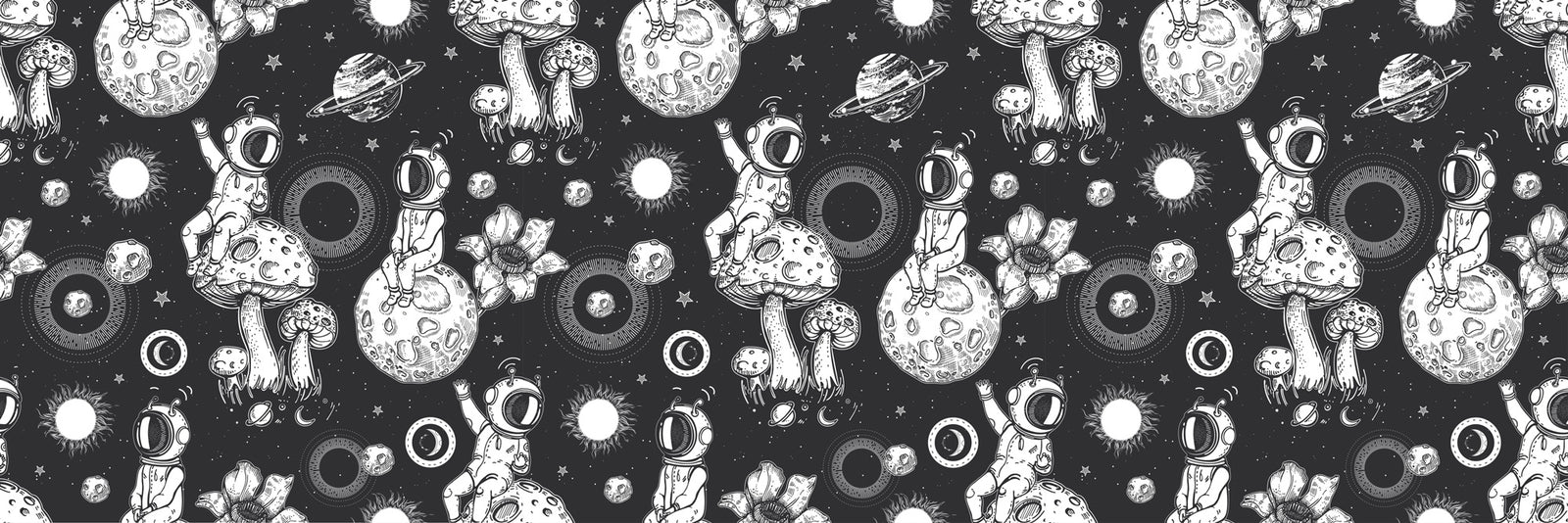Have you ever seen a science fiction movie where intrepid explorers set foot on a faraway planet for the first time? There’s a good chance that as these characters explore the flora and fauna of the new land they will come across a few species of otherworldly mushrooms. Fungi is a go-to in sci-fi movies because of its real-life ability to grow almost anywhere and its important role as a decomposer. It doesn’t hurt that some mushrooms look completely foreign and others glow with bioluminescence! And while we wouldn’t recommend eating any glowing mushrooms you come across, edible mushroom species are actually the perfect futuristic food source – maybe even on the moon or Mars.
Why Food Scientists Love Mushrooms
Fungi is already being used as a building block to create unique foods, but with the increasing need for eco-friendly nutrition, scientists are continuing to develop new ways to make the most out of mushrooms. Mushrooms are an appealing futuristic food source for several reasons: they’re sustainable, nutritious, and can be fast growing. They require no regular watering, just a damp environment. This makes them more sustainable than other crops being grown for nutrients, like corn and leafy greens. They don’t take up a lot of space, so mushrooms can be extremely convenient to grow.
Superfood Mushroom Species
Thanks to their unique makeup, many mushrooms are already superfoods. Aside from being low-calorie, mushrooms provide high amounts of fiber as well as B vitamins and other minerals. They also contain many of the same amino acids as meat, which makes them a nutritious addition to a balanced vegetarian diet!
Many mushrooms are considered superfoods not just for their nutrition but also because of the health benefits they can offer. Lion’s mane is one of the most popular mushrooms that is purported to have a variety of health benefits. These include treating anxiety and depression, reducing the risk of heart disease, reducing inflammation, and even rebuilding neural pathways in the brain. Shiitakes are another commonly supplemented mushroom. They are used to treat conditions like high cholesterol and to stimulate the immune system.
Mushrooms On Mars?
Few things are more futuristic than imagining humans colonizing other planets. If we hope to successfully move to Mars or another habitable planet, we’ll need to figure out a way to feed and house ourselves using limited resources. That’s why NASA is exploring the possibility of growing mushrooms in space! Their research focuses on how to use fungi to create structures that can be constructed quickly and sustainably, but mushrooms could also serve as an important food source for future space colonies. Since mushrooms require much less room to grow and take up fewer resources, they are a great option for sustainable farming, whether on Earth or in a galaxy far, far away.

